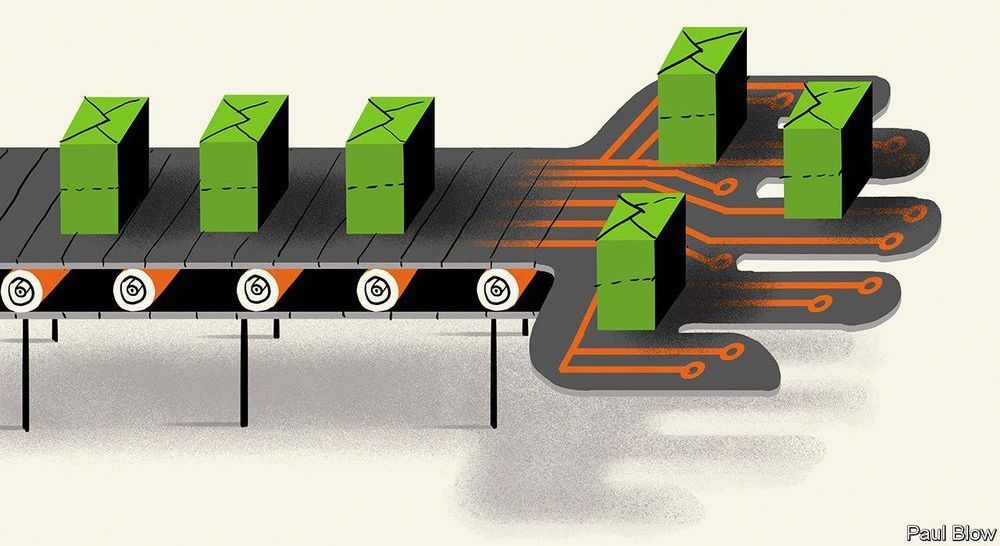Watch what happens when I scratch Brent Rivera ‘s car…! It heals itself because of the SunTek Window Film Paint Protection Film it has on it. Highly recommend these guys! They use 3D scanning tech and also have the biggest film in the business which means no seam lines. Hit them up if you want your car to look like new for years and years… SunTekfilm & Envious Detailing.
#sponsored #SunTekPPF #SunTek #SunTekFilms #GetSunTek #PPF #PaintProtectionFilm #PorscheMacan #EnviousDetailing




